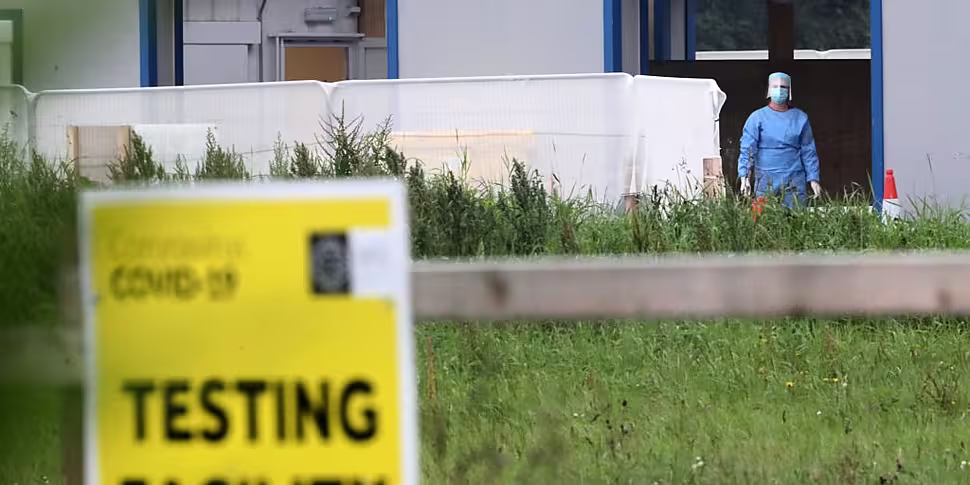Ireland is "well into a second wave" of COVID-19, according to an infectious disease expert.
Paddy Mallon, Professor of Microbial Disease at UCD and Consultant in infectious disease at St Vincent’s Hospital said that it is not yet clear what the impact of that second wave will be.
Speaking on The Pat Kenny Show, he said: "As a country, we're pretty well into what could be described as a second wave of COVID-19 infection.
"A lot of debate is what the consequences of that second wave will be, the bottom line is that we just don't know.
"We know we're picking up more infections and that's good because it's only through picking up infections that we can control the spread of the virus."
This, in turn, would then prevent an increase in hospitalisations and deaths, he said.
Professor Mallon added: "So far we're not seeing huge numbers of people coming into hospital but there are some aspects of the data that are concerning.
"The big worrying trend I've seen over the last week or so is the proportion of new diagnoses that are occurring in the older age group, ie those over 45.
"About a week ago, that was around 20% and yesterday that was up to 40%.
"Once we start seeing these infections getting unto the older populations, and more importantly, getting into healthcare facilities, getting into hospitals, that's when we're going to see the sort of dire consequences that we saw in March.
"We really need to try and avoid that happening at all costs."
Professor Mallon said it was also worrying that cases were starting to reappear in healthcare workers, as it is from cases in healthcare facilities where you start to see high rates of mortality.
Restrictions
Professor Mallon said that relying on restrictions shows that containment of the virus has failed.
He said that once it gets to the stage where public restrictions are being implemented, that means the ability to control the virus is getting to "quite a serious stage".
He said: "When you get to the stage where you are introducing societal restrictions and lockdowns, it really reflects a failure of the approach of living with the virus and controlling the virus within the community."
He said the key measures to combat the spread of the virus are improving our testing and tracing capabilities.
He added: "If we're getting to the point where we need to rely on widespread community restrictions, it means that process isn't working as well as it should and that's unfortunate."
If we're going to live with this virus, we need to improve our testing and tracing procedures, he said.
Professor Mallon said the situation in Dublin at the moment was "precarious" but hopes that "the tide will turn" in the coming days.
He added: "At the moment, we all need to weigh in behind the public health recommendation because there is no other option as a society."









